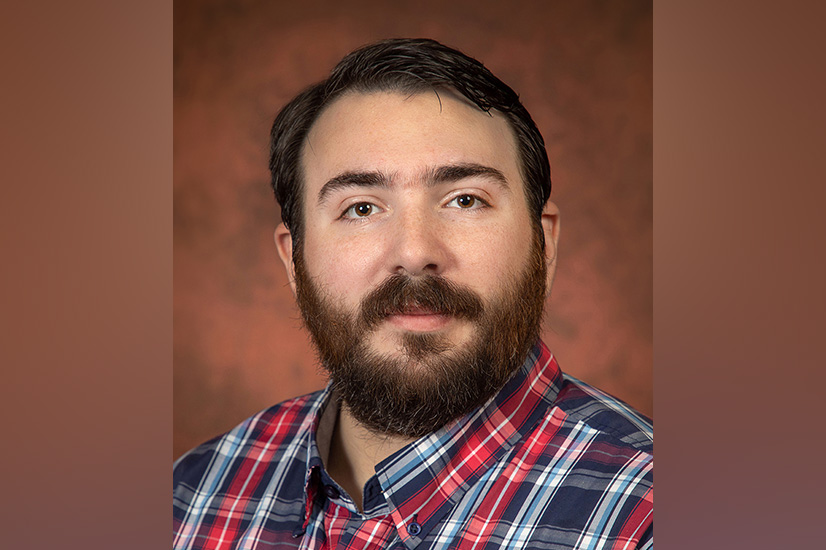FSU assistant professor earns early career award from Geological Society of America

When Florida State University Assistant Professor Richard Bono was deciding what part of geology to focus on, he learned about the field of geophysics and geodynamics — the science of how the Earth changes over time.
“I knew that was something I could keep coming back to,” Bono said. “It’s like a puzzle that changes over time, and it’s essential for life on Earth.”
For his work helping to arrange that many-pieced, time-shifting puzzle, the Geological Society of America has named him as the 2022 recipient of the Seth and Carol Stein Early Career Award in Geophysics and Geodynamics. Bono is the first person to receive the award.
“Richard’s work already forms a remarkable collection that has advanced our understanding of geodynamics and Earth’s magnetic field,” said University of Rochester Professor John Tarduno, who was Bono’s doctoral adviser and nominated him for the award. “His breadth is truly impressive, ranging from experimental tours de force in magnetism and electron microscopy, novel quantitative analyses of paleomagnetic data and insightful geomagnetic modeling.”
Bono’s research focuses on how the magnetic field has changed over billions of years and what those changes show about the development of the planet and life on Earth.
He was the lead author on a 2019 study that first showed that the planet’s magnetic field was extremely weak — as much as 10 times weaker than current conditions — during a period that lasted from about 635 million years ago to about 540 million years ago.
That observation was part of a larger discussion among geologists about the formation of the Earth’s inner core, which creates the magnetic field that is essential for life. The field keeps charged particles from the sun from bombarding the planet’s surface.
“Having a strong magnetic field that can protect our atmosphere from being eroded away out into space is, we think, part of the story about why Earth can support life and why it’s very special to have this strong field on a planet that also has an atmosphere and water and gives us all the ingredients necessary to support life,” Bono said.
Ancient rocks help contemporary geologists find billion-year-old answers. Scientists excavate rock samples, taking care to note their orientation within the Earth. Nanometer-size pieces of metal suspended in the rock point toward wherever magnetic north was when that rock was formed millions of years in the past. Researchers like Bono sift through the data to discern the signal showing the ancient pattern of the magnetic field. Do that over and over across the planet, and you begin to build up a robust picture of the history of the planet’s magnetism.
“Richard is making important contributions to our understanding of Earth’s magnetic field and how it has changed over time which could have significant implications for the early evolution of life,” said Robert Hart, chair of FSU’s Department of Earth, Ocean and Atmospheric Science. “His peers have validated his significant contribution to the research field, and this award is well-deserved. We are all proud of his early career success.”
As scientists learn more about the planet’s geological and biological history, they are gaining a better understanding of the role the magnetic field played in the story of life and evolution on Earth and how changes to the field could have impacts in the future.
“This research allows us to investigate the past, but it also helps us ask questions about the future and how the magnetic field might change and what that would mean for people, society and technology,” Bono said. “That’s what’s exciting to me about this topic.”
The Geological Society of America advances geoscience research and discovery, service to society, stewardship of Earth and the geosciences profession. For more information about the Seth and Carol Stein Early Career Award, visit the Geological Society of America website.
